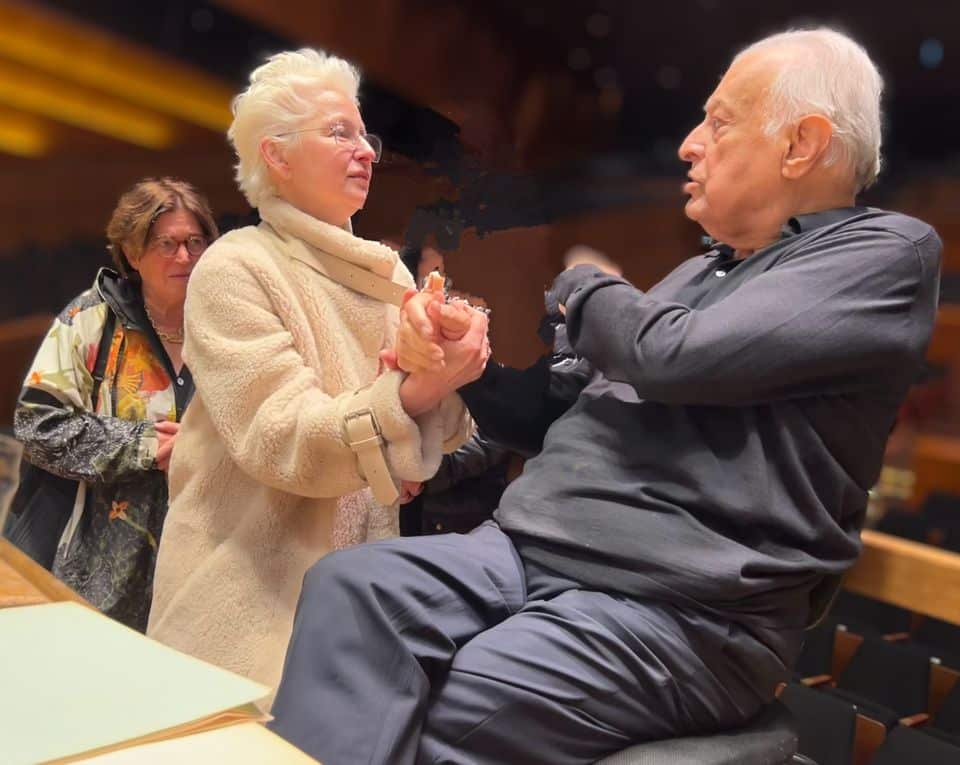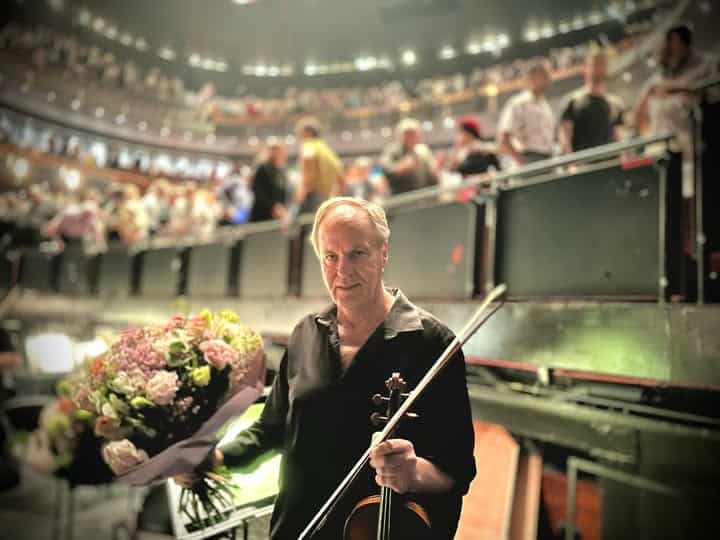What would it cost Game of Thrones to play a live cello?
mainThe hit show, with a $6m per episode budget, skimps on music. It plays computer-generated sound of a solo instrument, no live musician involved.
Violinist and entrepreneur Lara St John does the maths:
To hire a solo cellist in L.A. for a three-hour recording session would cost you 1.5 to 2 times scale (scale being approximately $236). So, let’s say the session would have cost, at the highest rate, $472. That would break down to, over the ten episodes of Season One, about $48 per episode. There would also be residuals payable to the cellist for the DVD release of that season – about the same amount.
I can only conclude, that, although you spent a reported $6 million to $10 million per episode, you were too tight to add fifty bucks to achieve musical integrity. Instead of an exciting, genuine, red-blooded cello solo, you went with an insipid simpering milquetoast midi version
Read more of Lara here.






Comments